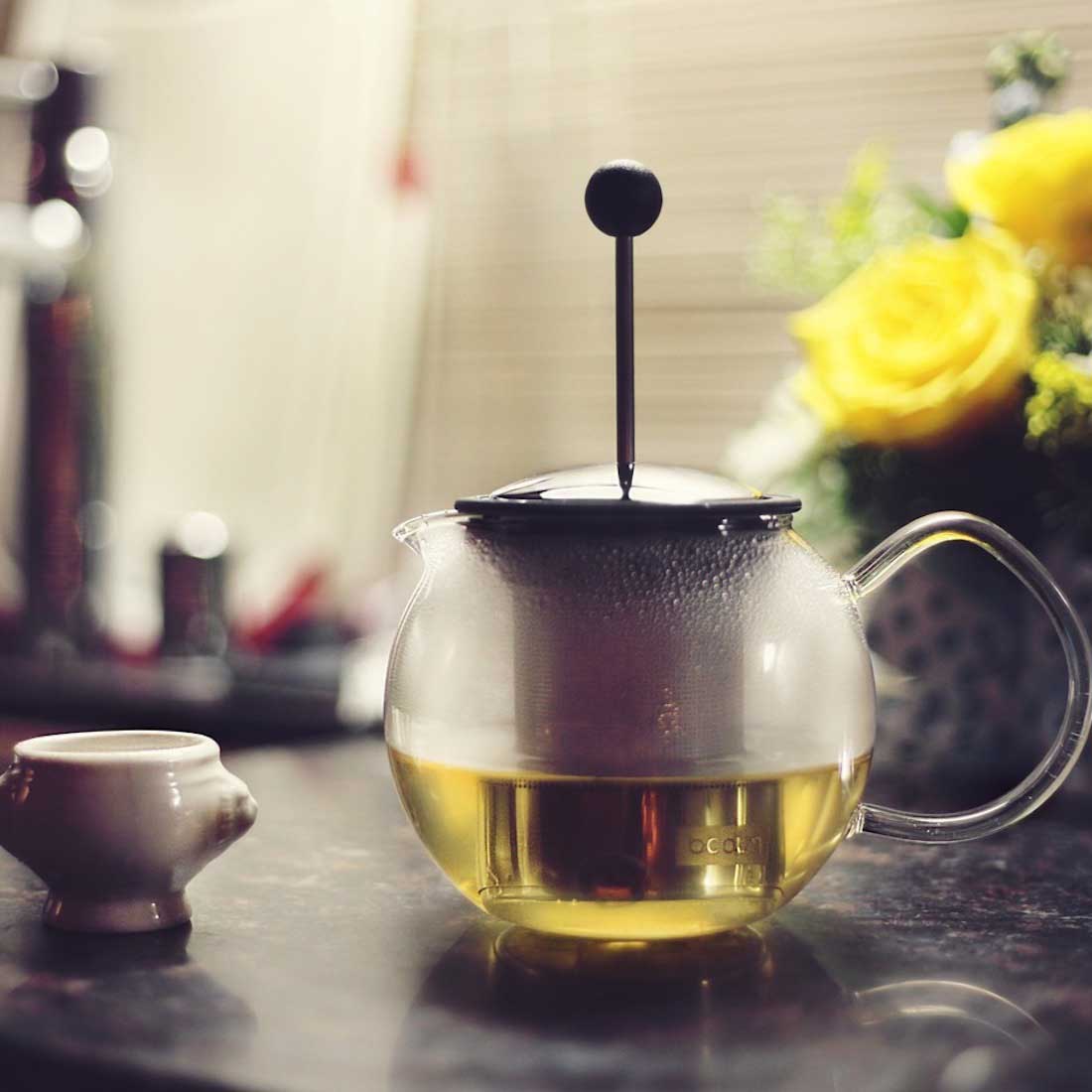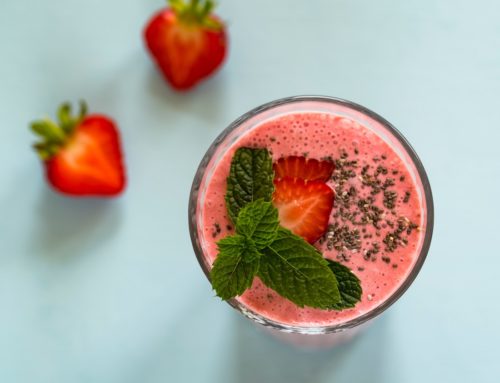Looking to start your day off with something healthy? Turmeric ginger tea is an easy way to do just that.
How to Make Turmeric Ginger Tea
It’s simple. Really simple. Take some fresh ginger and slice it in strips. Let it steep in a cup of hot water along with some ground turmeric. Add a dash of honey or maple syrup. That’s it.
Why Should I Drink Ginger Tea?
Well, for one thing, it’s delicious.
Turmeric Ginger tea is an especially good idea after a large meal. Ginger’s known for aiding digestion. I usually have a cup after lunch. You might feel that it helps the food settles down a little more easily.
On top of flavor, ginger is a powerful anti-inflammatory1. China and India have used ginger for thousands of years as medicine. Here are just a few of ginger’s health benefits:
The Health Benefits of Ginger
1. Prevent nausea and vomiting
The Chinese have prescribed ginger as anti-nausea medicine for thousands of years. Western research is now confirming ginger’s ability to reduce nausea. Ginger cures nausea caused by a whole range of different reasons. Pregnant women who eat ginger2 will likely vomit less and reduce their nausea. Research also says that if you have ginger before taking anaesthesia for a surgery, you probably won’t have post-surgical nausea. In fact, ginger was even more effective3 than the anti-nausea pharmaceutical drug that ginger was tested against. If you do have to undergo surgery, eat some ginger before. Ginger may also help with nausea from chemotherapy4.
2. Cure indigestion
If you feel gassy, bloated, or you’re lacking appetite, have some ginger. Drink it as tea. Ginger can also cure stomach upsets and pain.
3. Reduce the risk of heart attacks
Some research tells us that ginger may reduce blood pressure. There is some evidence that ginger lowers cholesterol5 and prevents blood clotting. Both reduce your risk of heart attacks and strokes. There’s enough evidence that I recommend you add ginger to your diet. It will likely help.
4. Fight inflammation
Ginger is a power anti-inflammatory. This is one of the most important reasons why I recommend adding ginger to your diet.
Here’s some background on inflammation. It’ll help explain why ginger is important.
We need acute inflammation for many healing responses in the body. Acute inflammation is a normal response to injuries. Here’s the but: chronic inflammation isn’t normal. That’s the type of inflammation that a lot of us suffer from. Chronic inflammation is responsible for many damaging effects of common diseases.
You can have chronic inflammation because of many reasons. Not enough sleep, a poor diet, not enough exercise, to much sun exposure, are a couple of examples. Generally, the better you eat and the healthier your lifestyle is, the less inflammation you will have.
The best way to reduce inflammation is to eat well. Certain foods are anti-inflammatory. That means they either fight the substances produced during inflammation or prevent inflammation from happening in the first place. Ginger is a powerful anti-inflammatory. In fact, reducing inflammation is actually one of the traditional uses of ginger. In Western research, we’ve found that ginger inhibits the enzyme COX26, a substance that increases inflammation.
For just reducing inflammation alone, I strongly recommend that you add ginger to your diet.
Chew on this
Changing your diet and lifestyle is the most powerful step you can take to improve your health.
There are lots more ways to add ginger to your diet. How about some steamed fish with ginger for lunch, curry in the evening, and stir fry with ginger for the next day?
On the internet, I sometimes see a tendency to exaggerate the health benefits of foods. This does happen with ginger. Here’s setting the record straight: ginger isn’t a silver bullet for any chronic diseases, but eating it along with other good foods and having a healthy lifestyle are proven strategies for improving your health.
What do you think of ginger tea? Do you like it? Share with us in the comments!




